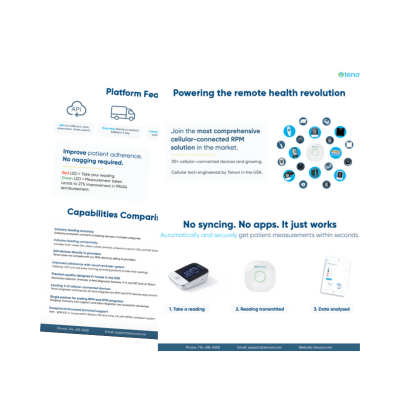Chronic Obstructive Pulmonary Disease (COPD) affects millions of individuals worldwide, but it also has a profound impact on their caregivers. Providing care to a loved one with COPD comes with challenges, responsibilities, and emotional weight. This COPD caregiver guide offers strategies and support for those navigating this important role, with actionable insights to make caregiving more manageable and impactful.
Understanding COPD and Caregiver Support
COPD, a progressive lung disease, is characterized by airflow limitation that makes breathing increasingly difficult. As a caregiver, understanding the condition is the first step in providing effective support. COPD often includes conditions like emphysema and chronic bronchitis, and it’s typically caused by long-term exposure to irritants such as smoking or air pollution. Over 16 million Americans are diagnosed with COPD, and millions more may have it undiagnosed. COPD is the fourth leading cause of death worldwide.
How Caregivers Can Help
Familiarize yourself with COPD’s symptoms, treatment options, and potential complications. Resources like the American Lung Association and COPD Foundation provide reliable information. Living with COPD can be emotionally taxing for patients. Being a source of encouragement and empathy can significantly impact their mental well-being. A structured care plan can streamline responsibilities and ensure your loved one receives consistent, effective care.
This COPD caregiver guide emphasizes planning for day-to-day needs and long-term care.
- Medication Management: COPD often requires inhalers, bronchodilators, and possibly oxygen therapy. As a caregiver, keep track of prescriptions, refill schedules, and proper usage techniques.
- Diet and Nutrition: A balanced diet can help reduce inflammation and maintain energy levels. Focus on lean proteins, fruits, and vegetables while limiting processed foods.
- Exercise and Activity: Gentle, regular exercise like walking or pulmonary rehabilitation can improve lung function. Work with the patient’s healthcare team to identify safe activities.
- Look into remote patient monitoring options: Remote patient monitoring is a patient and caregiver solution that allows patients to take daily vital sign readings from home with remote patient monitoring devices. The data is automatically transmitted to their physician for review. This can help avoid frequent appointments and ease a caregiver’s mind.
COPD Caregiver Support Networks
No caregiver should feel alone in their journey. Building a support network can provide emotional relief and practical advice for managing the complexities of caregiving.
- Support Groups: Organizations like the COPD Foundation offer both in-person and online support groups.
- Respite Care Services: These services allow caregivers to take short breaks while ensuring their loved one is cared for.
- Professional Counseling: Coping with stress and burnout is vital. Seek counseling services if caregiving feels overwhelming.
Practical Tips for Day-to-Day COPD Care
This COPD caregiver guide includes actionable tips for improving daily care routines and ensuring a safe environment for patients. Some tips for daily management include:
- Monitor Symptoms: Keep track of changes in breathing, coughing, or energy levels and report them to healthcare providers.
- Maintain Air Quality: Use air purifiers, avoid smoking, and limit exposure to dust or strong odors.
- Emergency Preparedness: Always have an action plan for flare-ups, including emergency contact numbers and a list of current medications.
Caring for a loved one with COPD is demanding, making self-care essential to prevent burnout. That’s why self-care strategies are important for the COPD caregiver. Below are some helpful ideas for setting a self-care strategy.
- Set Boundaries: Establish clear boundaries to ensure you have personal time.
- Practice Mindfulness: Techniques like meditation or yoga can reduce stress.
- Seek Help When Needed: Don’t hesitate to reach out to family members, friends, or professional caregivers for assistance.
Understanding COPD and Caregiver Support Needs
Being a caregiver for someone with COPD requires resilience, patience, and knowledge. This COPD caregiver guide aims to equip you with the tools and resources to provide compassionate and effective care while prioritizing your well-being. For more detailed information, visit trusted resources like the American Lung Association, CDC, or COPD Foundation.


